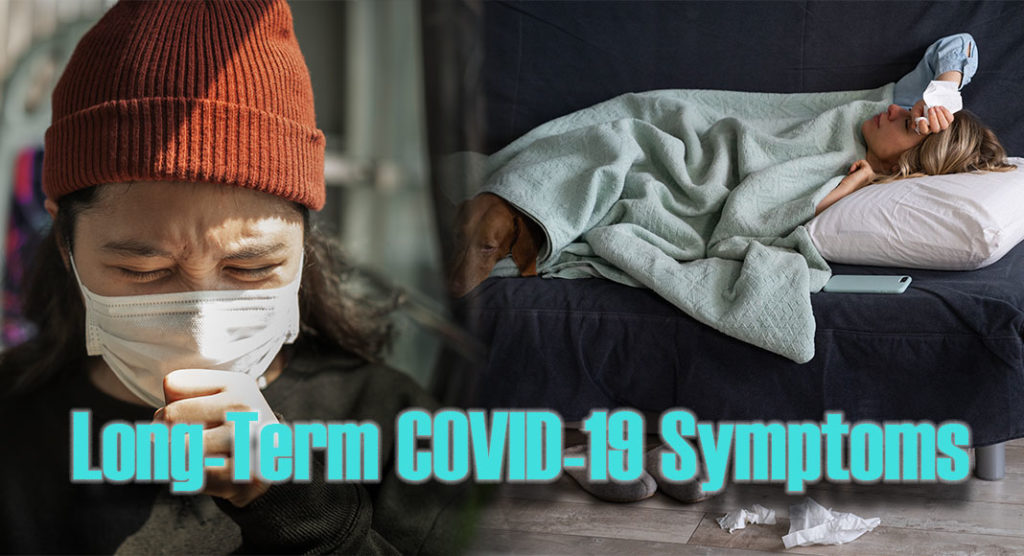
Mega Doctor News
By University of Arizona Health Sciences Center
Newswise — The majority of individuals who experience mild or moderate COVID-19 infection also experience long COVID, or persistent symptoms more than 30 days after they test positive, according to research data from the longitudinal CoVHORT study at the University of Arizona Health Sciences.
“We showed that an estimated 67% of people with mild or moderate COVID have long COVID, in other words they still have symptoms more than 30 days after their positive test,” said lead researcher Melanie Bell, PhD, MS, a biostatistics professor in the Mel and Enid Zuckerman College of Public Health. “This is a real wake-up call for anyone who has not been vaccinated. If you get COVID, the chances that you’ll experience long-term symptoms are surprisingly high.”
Existing research on long COVID has focused on hospitalized groups who experience severe infection. The UArizona Health Sciences research team aimed to fill the gap in research on long COVID by analyzing data from non-hospitalized individuals.
The paper, “Post-acute sequelae of COVID-19 in a non-hospitalized cohort: results from the Arizona CoVHORT,” which published today in the journal PLOS ONE, analyzed data from CoVHORT participants at three-month intervals. Since May 2020, the CoVHORT study has followed Arizona residents who had COVID-19, as well as those who have not been infected, through online surveys that record infection status, symptoms and any positive tests.
Among participants who tested positive for COVID-19, 68.7% experienced at least one symptom after 30 days, marking the distinction for long COVID. This prevalence increased to 77% after 60 days of follow-up. Researchers also found that individuals who experienced long COVID were more likely to be less educated, have seasonal allergies and pre-existing health conditions, and self-report greater symptom severity than people without long COVID.
Individuals with long COVID who were surveyed 30 days after a positive test reported (in order of prevalence): fatigue, shortness of breath, brain fog, stress/anxiety, altered taste/smell, body aches and muscle pain, insomnia, headaches, joint pain, and congestion – the 10 most common long COVID symptoms.
The number and severity of symptoms, as well as duration of infection, vary widely between individuals infected with COVID-19. The median number of symptoms was three, but was as high as 20 among participants. Experiencing symptoms of COVID infection that last 30 days or more has been scientifically defined by researchers as post-acute sequelae of COVID-19, or PASC. For this study, the estimated prevalence of PASC is only slightly less than prevalence estimates reported for hospitalized individuals. This suggests that non-hospitalized individuals with COVID-19 infection may experienced long COVID symptoms almost as often as hospitalized individuals.










